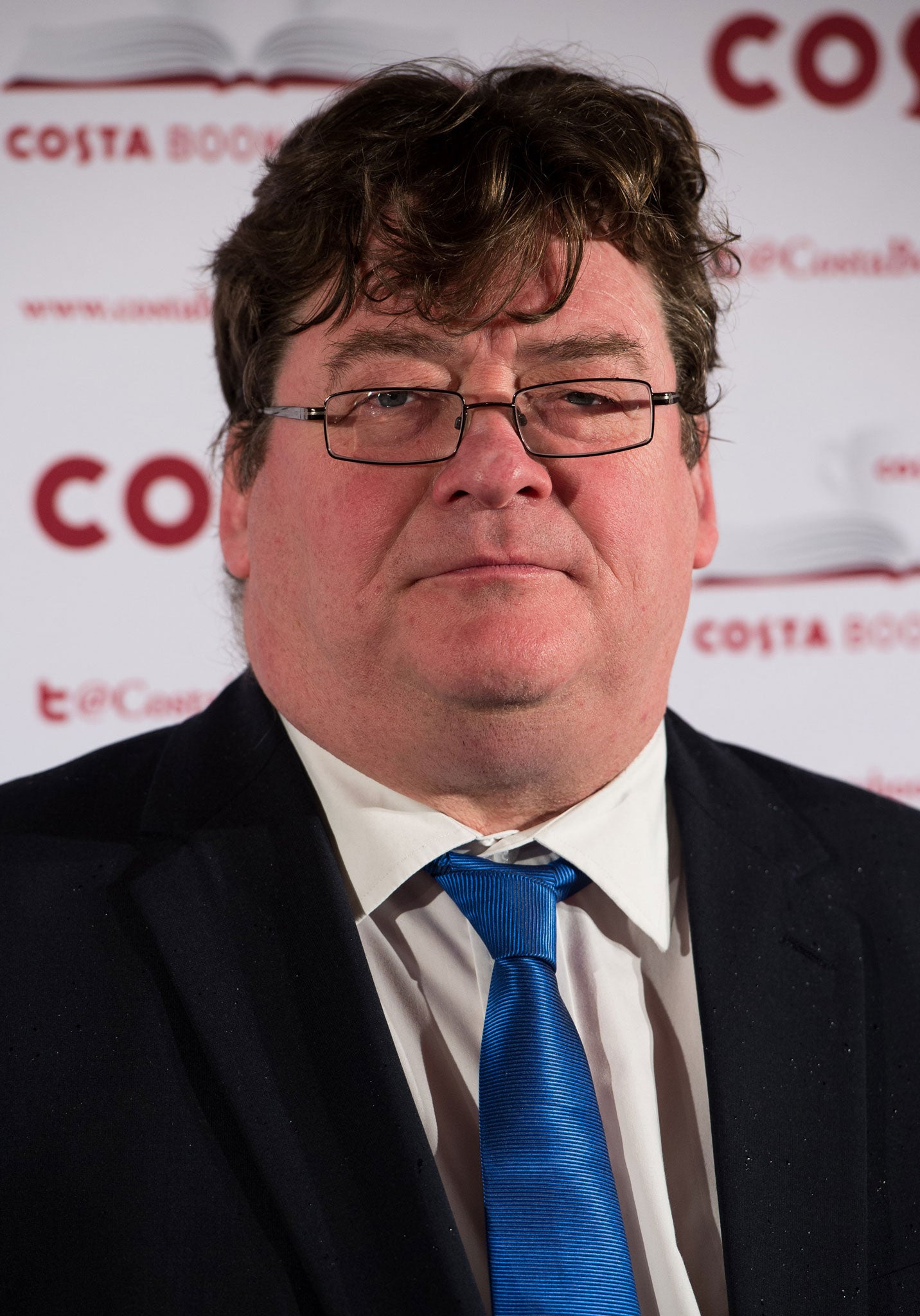John Burnside: The poet opens up about his father's cruelty, the hurtfulness of language – and why he walked away from love

I always wanted to be a painter I loved painting. I went on three different art courses but had no talent whatsoever. On the third one, the teacher said to me, "I hear you're a poet?" I said yes, and he said, "I think you should stick to it; put it this way, you're never going to be Cézanne."
I often write books to explore questions I don't know the answers to With [my new memoir] I Put a Spell on You, it's about love – and detachment. In one case I was in my twenties and I met this woman, Christina, and there was such a strong, instant bond between us. I would enjoy thinking from afar, if only we could be alone… But when suddenly she came and challenged me about my feelings, I pretended I didn't feel anything and I walked away from what I most wanted. Why did I refuse?
I love long sentences My big heroes of fiction writing are Henry James and Proust – people who recognise that life doesn't consist of declarative statements, but rather modifications, qualifications and feelings.
I don't appreciate how working-class people are portrayed as gritty and unintelligent My uncles, all miners, were not thudding great men, but light on their feet, funny, witty and even a bit surreal at times, able to express themselves.
For my father, cruelty was an ideology His own life had been hard, so there was a logic to him wanting to kill off my finer – and so, weaker – self. When I had my own children, I was determined to do things differently, but I've made my own mistakes with them, as I'm too soft; my youngest son has me wrapped around his finger. When he asks me for something, I say, "Go ask your mother," and he replies, "I'm not asking her, she won't give it to me – I'm only asking you as you're soft as butter."
The older I get, the happier my childhood becomes When someone asked me in my late twenties what my childhood was like, I could only remember how angry and unhappy I was, how little money we had, my father drinking half of it. But now I can remember the good stuff: my mum teaching me how to bake, and listening to old love songs on the radio together.
I know how hurtful language can be I'm strict with my kids about it. One of my sons once said something was a bit gay, and I tore into him; I said, "I don't care what your schoolfriends say but you will not use that as a belittling statement." I suppose the soft butter turned into a monster, but both my children appreciate the nuances of language now.
For 10 years I gave away my possessions every year and moved on to a new place It was naïve and silly but I didn't want to be part of an economic and social system that ground down the people I loved: my mum died at 47, from [the] disappointment [of an impoverished life]; my father died from not just work but its compensatory activities that made it bearable – smoking and drinking.
I have a destructive appetite for food and drink My father was a man who wanted to enjoy life to excess, but couldn't afford to eat well. Growing up, I learnt to think, let's make it a big night tonight as you never know what's going to happen next. So now I have enough, I take too much; when I get the chance to have a fine dinner, I will. And it's had an effect on my health.
John Burnside, 59, is a TS Eliot Prize-winning author of 14 poetry collections and a novelist. His new memoir, 'I Put a Spell on You' (£16.99, Jonathan Cape), is out now
Join our commenting forum
Join thought-provoking conversations, follow other Independent readers and see their replies
Comments